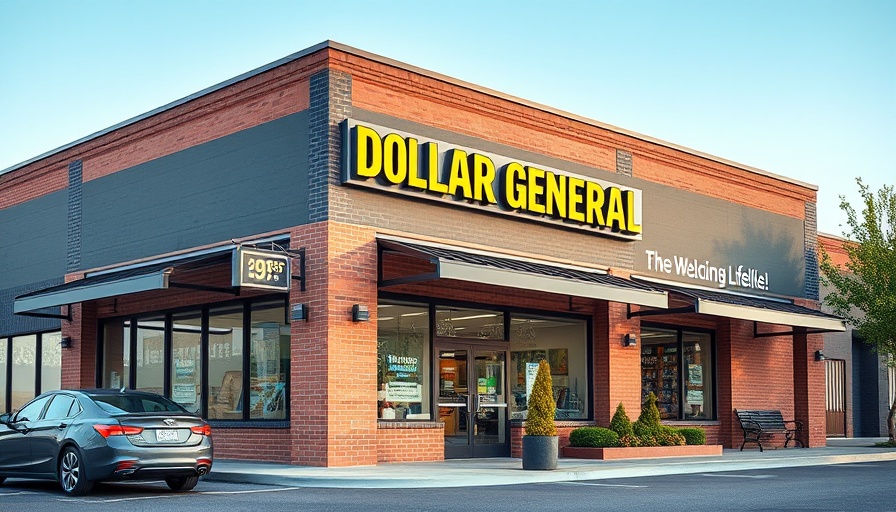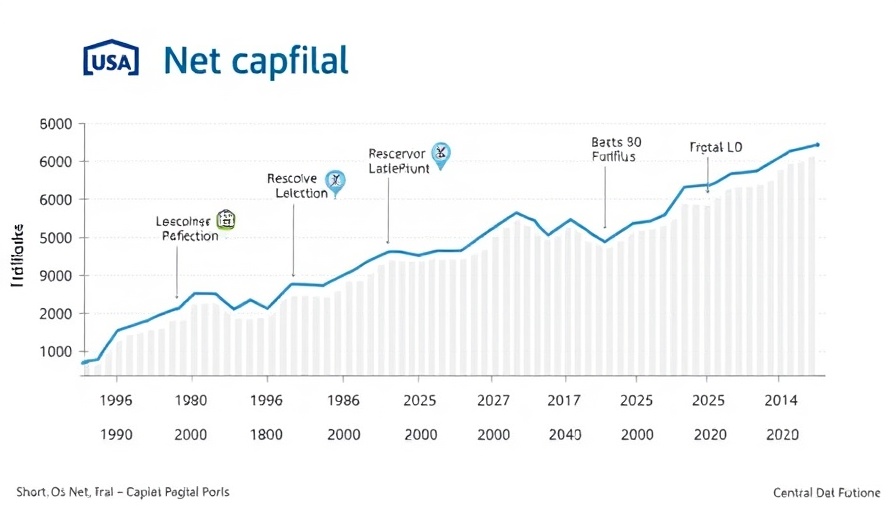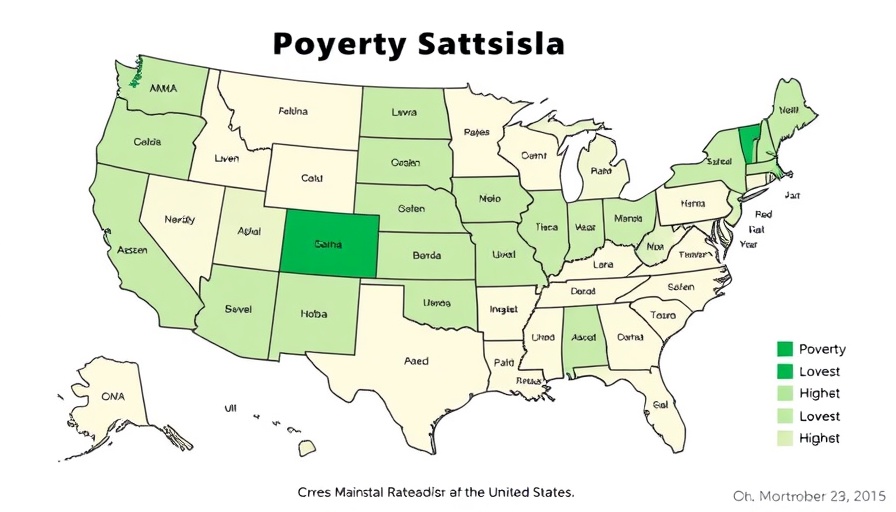
Dollar General's Strategic Shifts: What the Closures Mean for Local Economies
Dollar General Corp. has announced it will close over 100 stores, including 96 Dollar General locations and 45 Popshelf locations, within the first quarter of its fiscal year. This decision comes amidst a thorough evaluation of store performance and future profitability, indicating a potential shift in the retailer's business strategy following a tumultuous year marked by profit declines and restructuring.
The Local Impact: Area Store Closures and Economic Ramifications
Despite the national closure of stores, it remains uncertain how many Dollar General locations in the Philadelphia area will be affected. Currently, the company operates 25 stores within a six-mile radius of Center City. The closures could have significant consequences for local economies, particularly in urban areas where these stores have served as affordable shopping options. As CEO Todd Vasos noted, many of these locations have become increasingly challenging to operate—suggesting that their closure might exacerbate accessibility issues for low-income families reliant on such retail establishments.
Future Predictions: Growth Amidst Contraction!
Interestingly, Dollar General is not completely retracting its foothold in the retail market. The company plans nearly 5,000 real estate projects for 2025, including 575 new store openings across the U.S. This simultaneous scaling back of unprofitable locations while pursuing new growth indicates a strategic reallocation of resources aimed at optimizing long-term profitability. Investors, however, are looking closely at this balancing act, as Dollar General’s share prices have plunged drastically from $156 to $82.33 over the past year.
Challenges Ahead for Dollar General
While Dollar General showcased a 4.5% increase in net sales, the substantial profit decrease highlights the challenges that lay ahead. This case raises questions about the broader retail landscape, as consumers increasingly seek value amid inflationary pressures. As the market evolves, Dollar General must navigate these challenges while adapting its business model to meet changing consumer demands.
The consumer landscape is shifting, and with it, the importance of understanding these retail dynamics becomes crucial. As a top wage earner in Philadelphia, staying informed about these trends is not only beneficial for personal investment decisions but also for understanding the local economy's resilience. Changes in retail operations can ripple out, affecting everything from job availability to the diversity of shopping options in our neighborhoods.
 Add Row
Add Row  Add
Add 




Write A Comment